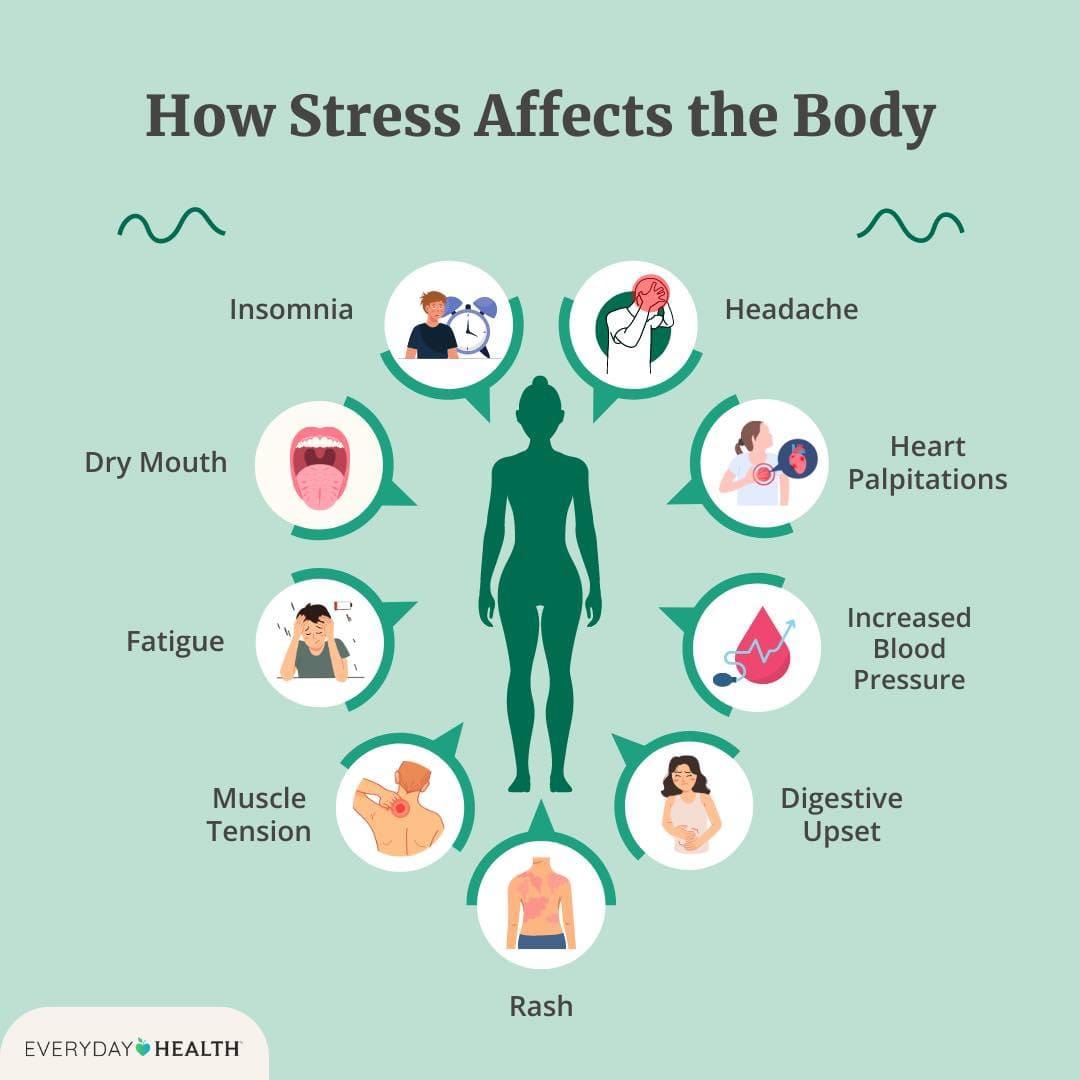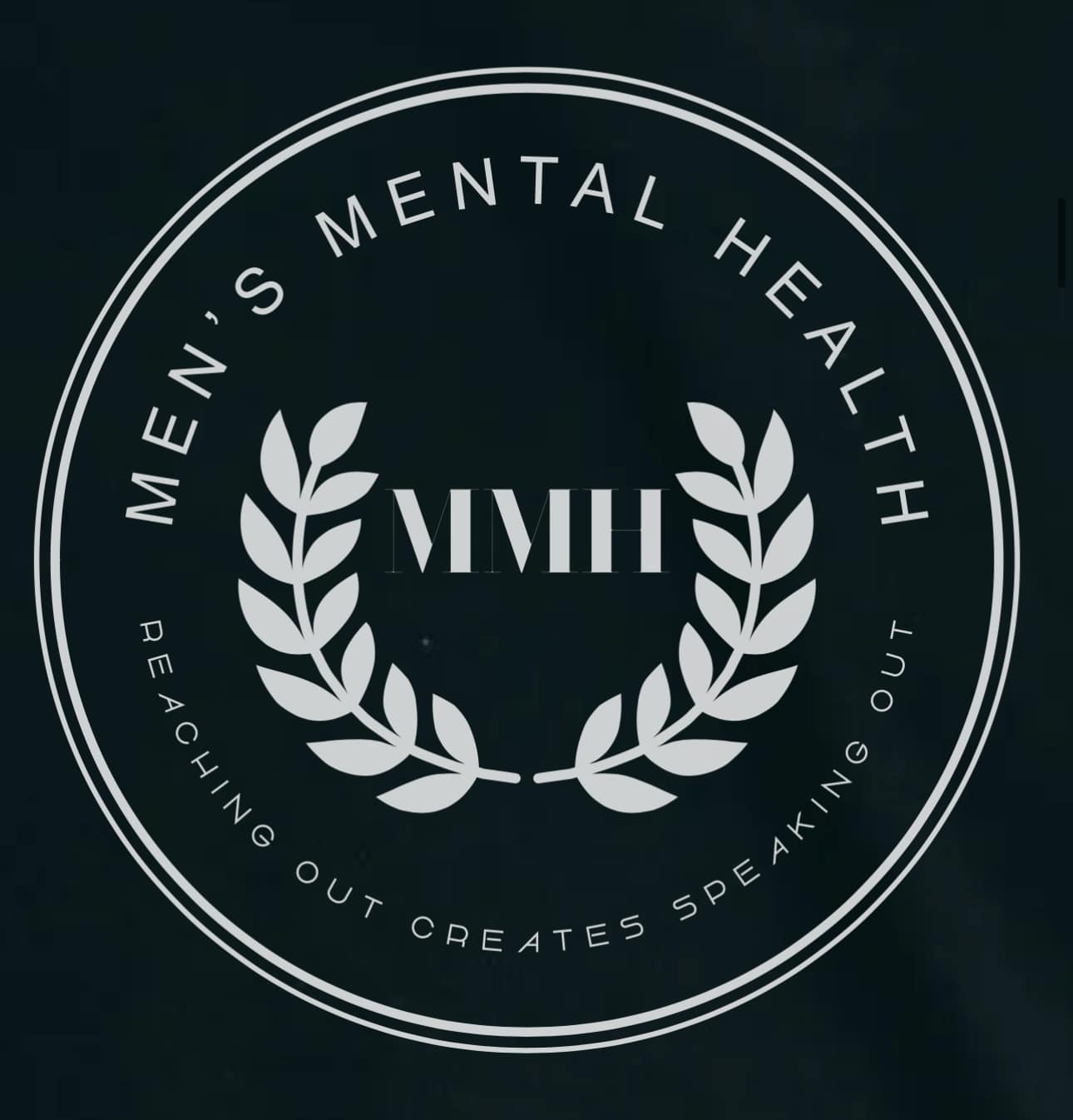Exploring the Impact of Stress on Communication: Unveiling the Unknown Narratives

In our fast-paced world, stress has become an everyday reality. From looming work deadlines and family obligations to financial pressures, stress can take a toll on how we communicate. Understanding how stress affects our interactions is crucial for building stronger relationships and resolving conflicts more effectively. When we grasp the dynamics at play, we can improve our communication, even under pressure.
The Relationship Between Stress and Communication
Communication is the cornerstone of human connection. When stress levels rise, however, the way we express ourselves can change dramatically. Stress activates our fight-or-flight response, which often leads to impulsive reactions instead of thoughtful conversations.
For example, when juggling multiple tasks, one might suddenly snap at a colleague over a minor issue. A stressed person might use short, curt sentences, leading to misunderstandings or even avoidance of conversation altogether. Studies show that 60% of people report reduced quality in communication when feeling stressed, which can lead to frustration for both parties.
Recognizing Stress Signals in Communication
Stress manifests through various physical and emotional signals that can impact our verbal and body language. Common signs include a shaky voice, rapid speech, or tense body posture. Recognizing these cues can greatly improve interactions.
For instance, if you notice a coworker speaking quickly with an aggressive tone, they might be under stress. By understanding these signals, you can approach conversations more empathetically. A report by the American Psychological Association indicates that nearly 80% of people find it difficult to maintain effective communication when experiencing stress.
Strategies for Better Communication Under Stress
During stressful times, it's vital to employ strategies that improve communication. Here are some actionable methods:
Pause and Breathe: Take a deep breath before responding to calm the mind. This simple act can enhance clarity and prevent emotional reactions.
Active Listening: Focus entirely on the other speaker rather than planning your response. Studies suggest that active listening can improve relationship satisfaction by up to 52%.
Use “I” Statements: Avoid blaming others by phrasing your thoughts as “I” statements. For example, say “I feel anxious when…” to express your feelings without inducing defensiveness in others.
Seek Clarity: If something is unclear, don't hesitate to ask questions. This will help avoid assumptions, which are often flawed, especially during stressful times.
By using these techniques, people can communicate respectfully, even amidst stress.
The Importance of Emotional Intelligence
Emotional intelligence (EI) is crucial during stressful communication. High EI means understanding your feelings and those of others. This awareness allows for improved dialogue.
For example, someone with high emotional intelligence may notice they are getting frustrated and can choose to pause, reflect, and then respond more thoughtfully. Research shows that individuals with high emotional intelligence can manage stress effectively, leading to a 30% increase in communication effectiveness in high-pressure scenarios.
Final Thoughts
While stress is a part of life, its impact on communication doesn't have to be overwhelming. By recognizing how stress affects our interaction styles and implementing strategies to reduce conflicts, we can strengthen our relationships.
Embracing the challenge of communicating during stress can lead to personal growth. By cultivating patience and empathy, we can change stressful moments into opportunities for connection, not conflict. Understanding our own communication styles, along with those of others, helps create a more supportive environment for everyone.
